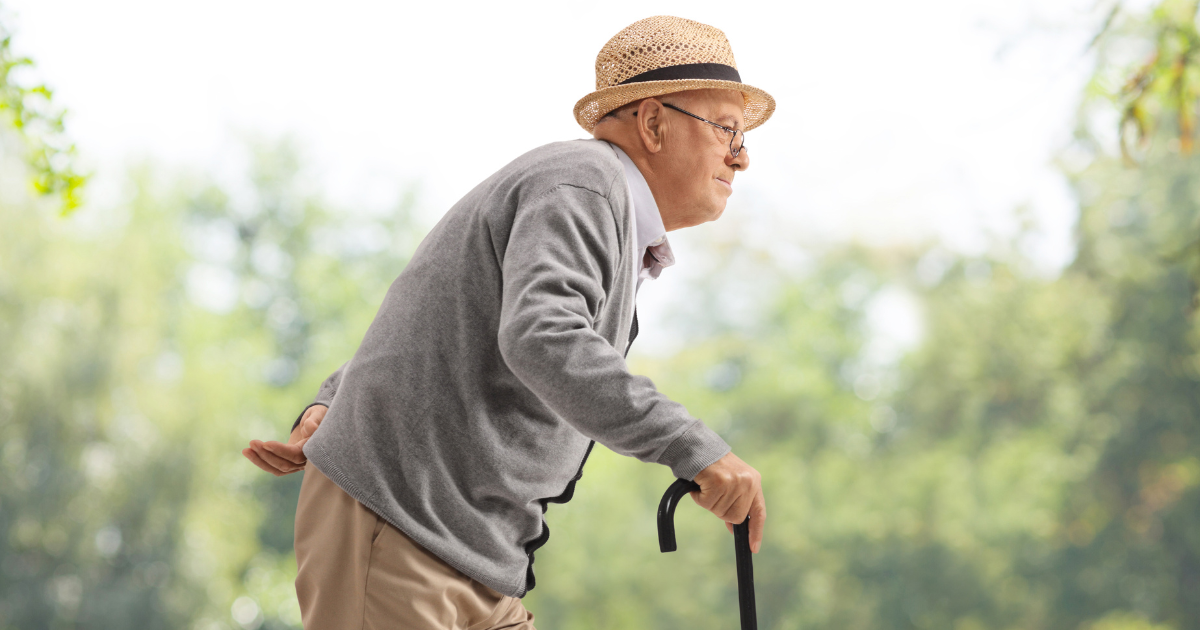Senior Assistance Through Aerobic Walking Could Help Cognitive Processing Speed in Individuals with MS
Cognitive processing speed impairment is a prevalent and debilitating symptom among individuals with multiple sclerosis (MS), affecting up to 70% of patients. This symptom can significantly reduce the quality of life and hinder social functioning. A recent pilot study has ignited hope for those battling MS by revealing the potential of remote aerobic walking exercise training to ameliorate cognitive processing speed. Beyond its implications for MS patients, this study offers a promising solution with far-reaching benefits for seniors with the invaluable assistance of caregivers.
The Pilot Study
The study involved 25 fully ambulatory individuals with MS who were carefully screened for cognitive processing speed deficits. Nineteen participants completed the study as prescribed. Participants were randomly assigned to either 16 weeks of remotely delivered and supported aerobic walking exercise training (intervention condition) or remotely delivered and supported stretching and range-of-motion activities (control condition). The pioneering aspect of this study lies in its remote delivery, which increases accessibility for individuals with MS who might face barriers to participating in traditional, in-person exercise programs.
Key Findings of Study
The Symbol Digit Modalities Test (SDMT), a widely recognized neuropsychological test for assessing information processing speed in individuals with MS, was used to measure cognitive processing speed. The results were highly promising for participants in the intervention condition. They demonstrated significant improvements in their SDMT scores after the 16-week study period when compared to the stretching group. These findings strongly suggest that remote aerobic walking exercise training can have a positive impact on cognitive function among individuals with MS.
Significantly, the study also unveiled remarkable adherence rates to the exercise program, with participants completing an average of 80% of the prescribed sessions. This underscores the feasibility and acceptability of remote exercise interventions, further enhancing their potential for widespread use.
Implications for Senior Assistance
- Enhanced Cognitive Function for Seniors: Cognitive decline is a pressing concern for the elderly, as it can compromise their independence and overall quality of life. The favorable outcomes of remote aerobic walking exercise training on cognitive processing speed offer a potential solution for seniors as well. Engaging in regular aerobic exercise may help maintain cognitive function and delay cognitive decline, affording seniors an opportunity to enjoy a higher quality of life in their golden years with the essential assistance of caregivers.
- Accessibility and Convenience: Many seniors encounter obstacles when attempting to participate in traditional, in-person exercise programs. Issues such as transportation challenges, mobility limitations, and financial constraints often impede their access to these services. The remote delivery of exercise programs, as demonstrated in the MS study, provides a convenient and accessible solution for seniors. They can exercise from the comfort of their homes, reducing the need for extensive travel or specialized equipment, with the support of caregivers.
- Support for Caregivers: Caregivers play a pivotal role in the well-being of seniors, and caring for individuals with MS can be exceptionally demanding. The availability of remote exercise programs can provide respite for caregivers by offering a structured and effective means of enhancing the cognitive function and overall health of their loved ones. This has the potential to reduce the caregiving burden and elevate the quality of care provided to seniors, emphasizing the importance of senior assistance.
The pilot study examining the benefits of remote aerobic walking exercise training for individuals with MS has uncovered a promising avenue for addressing cognitive processing speed impairment. This breakthrough not only instills hope in those affected by MS but also extends its potential benefits to seniors and caregivers, emphasizing the essential role of senior assistance. By tackling cognitive decline and improving access to exercise programs, remote interventions have the power to significantly elevate the quality of life for seniors while offering vital assistance to caregivers.
We’re here to be a resource, near you! Find a location in Washington, Oregon, or Idaho near you that can provide caregiving services that support aerobic walking: Locations
Sources:






